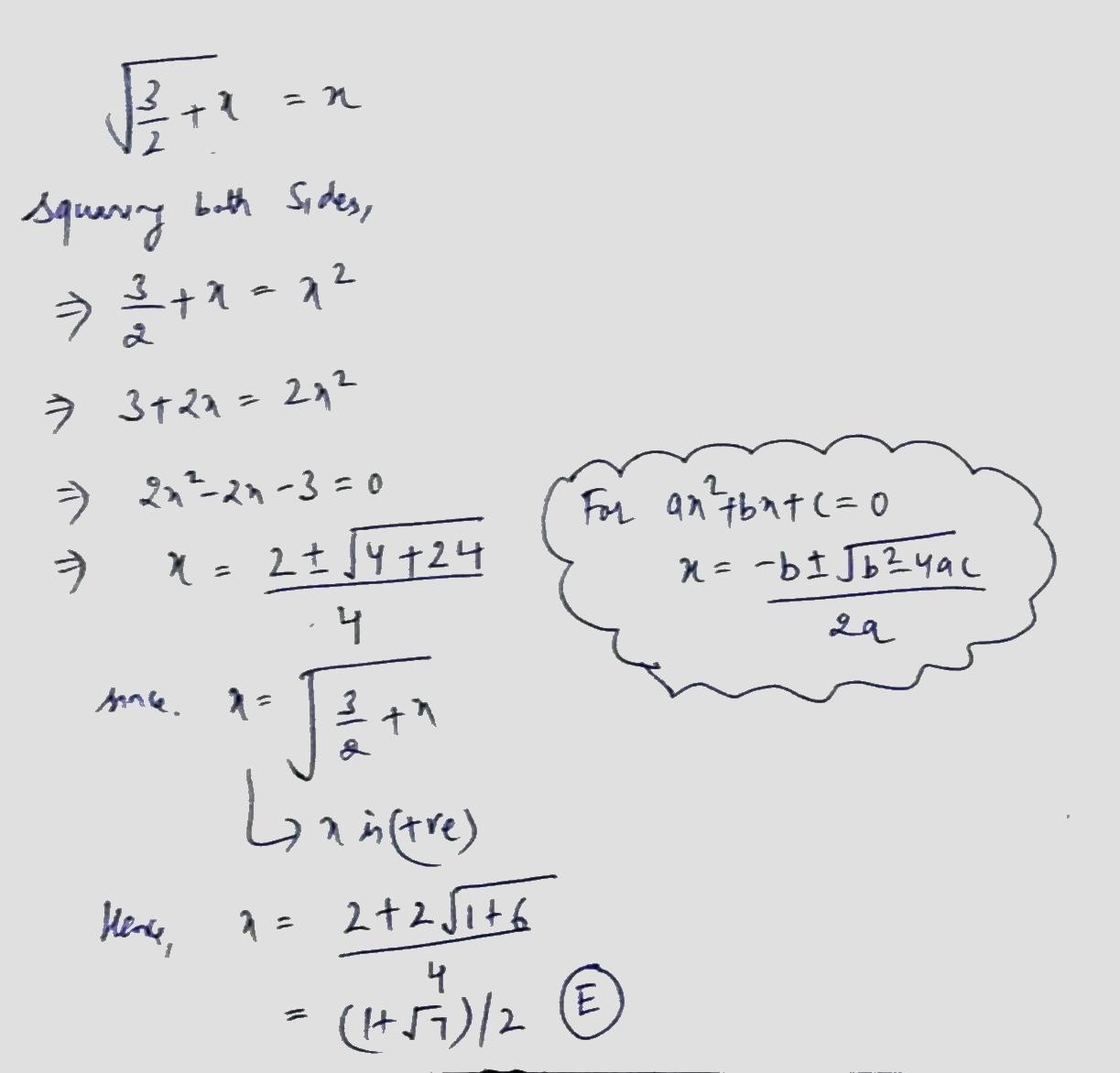Events & Promotions
|
|

GMAT Club Daily Prep
Thank you for using the timer - this advanced tool can estimate your performance and suggest more practice questions. We have subscribed you to Daily Prep Questions via email.
Customized
for You
Track
Your Progress
Practice
Pays
Not interested in getting valuable practice questions and articles delivered to your email? No problem, unsubscribe here.
- Nov 22
11:00 AM IST
-01:00 PM IST
Do RC/MSR passages scare you? e-GMAT is conducting a masterclass to help you learn – Learn effective reading strategies Tackle difficult RC & MSR with confidence Excel in timed test environment - Nov 23
11:00 AM IST
-01:00 PM IST
Attend this free GMAT Algebra Webinar and learn how to master the most challenging Inequalities and Absolute Value problems with ease. - Nov 25
10:00 AM EST
-11:00 AM EST
Prefer video-based learning? The Target Test Prep OnDemand course is a one-of-a-kind video masterclass featuring 400 hours of lecture-style teaching by Scott Woodbury-Stewart, founder of Target Test Prep and one of the most accomplished GMAT instructors.
Kudos
Bookmarks
E
Be sure to select an answer first to save it in the Error Log before revealing the correct answer (OA)!
Difficulty:
 55%
(hard)
55%
(hard)
Question Stats:
62% (02:03) correct 38%
(02:08)
wrong
38%
(02:08)
wrong  based on 411
sessions
based on 411
sessions
History
Date
Time
Result
Not Attempted Yet
If \(x\) is a positive number and \(\sqrt{\frac{3}{2}+{\sqrt{\frac{3}{2}+\sqrt{\frac{3}{2}+\sqrt{\frac{3}{2}+...}}}}}=x\), where the given expression extends to an infinite number of roots, then what is the value of \(x\)?
A. \(\frac{1-\sqrt{7}}{2}\)
B. \(\frac{1}{2}\)
C. \(\frac{\sqrt{7}-1}{2}\)
D. \(\frac{\sqrt{7}}{2}\)
E. \(\frac{1+\sqrt{7}}{2}\)
Are You Up For the Challenge: 700 Level Questions
Kudos
Bookmarks
Similar questions to practice:
https://gmatclub.com/forum/tough-and-tri ... l#p1029228
https://gmatclub.com/forum/find-the-valu ... 38049.html
https://gmatclub.com/forum/find-the-valu ... 75403.html
https://gmatclub.com/forum/if-the-expre ... 32547.html
https://gmatclub.com/forum/if-the-expre ... 98647.html
https://gmatclub.com/forum/if-z2-2-2-2- ... 41717.html
https://gmatclub.com/forum/if-x-is-a-po ... 17508.html
https://gmatclub.com/forum/if-the-follo ... 17548.html
https://gmatclub.com/forum/if-x-is-a-po ... 17673.html
Hope it helps.
https://gmatclub.com/forum/tough-and-tri ... l#p1029228
https://gmatclub.com/forum/find-the-valu ... 38049.html
https://gmatclub.com/forum/find-the-valu ... 75403.html
https://gmatclub.com/forum/if-the-expre ... 32547.html
https://gmatclub.com/forum/if-the-expre ... 98647.html
https://gmatclub.com/forum/if-z2-2-2-2- ... 41717.html
https://gmatclub.com/forum/if-x-is-a-po ... 17508.html
https://gmatclub.com/forum/if-the-follo ... 17548.html
https://gmatclub.com/forum/if-x-is-a-po ... 17673.html
Hope it helps.
Kudos
Bookmarks
This is a very good type of question:
please see the approach to solve the question


WhatsApp Image 2020-03-06 at 2.53.20 PM.jpeg [ 58.9 KiB | Viewed 9244 times ]
please see the approach to solve the question
Attachment:
WhatsApp Image 2020-03-06 at 2.53.20 PM.jpeg [ 58.9 KiB | Viewed 9244 times ]













